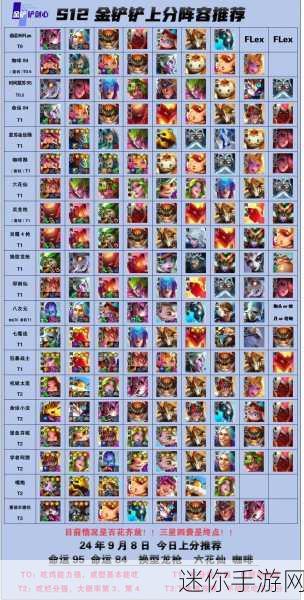日本人打牌文化的独特之处
在日本,打牌是一项受欢迎的社交活动,不同于许多地方的习惯,日本人在玩牌时有一种独特点。在这个国家,玩家通常不盖被子,这一细节不仅反映了他们对游戏规则和氛围的重视,也体现出了一种特殊的人际互动方式。
为何选择不盖被子
对于日本人而言,在进行集体活动时,他们往往会强调开放与透明。不盖被子的做法意味着所有参与者都能清晰地看到彼此手中的牌。这种安排鼓励公平竞争,同时也增加了游戏过程中的心理博弈。无论是麻将、花札还是其他桌面游戏,每位玩家都必须通过技巧和判断来应对局势,而不是依赖运气或遮掩策略。

环境因素的重要性
打牌常常是在舒适而非封闭的环境中进行,例如家庭聚会或者朋友之间的小型聚餐。这样的场合下,人们更倾向于享受轻松愉快的氛围。因此,不用覆盖过多物品,让每个人都能够专注于交流与互动,无疑促进了情感上的联结。此外,这样还便于随时休息吃点心以及喝饮料,使得整个娱乐体验更加丰富。
不同类型棋牌游戏介绍
各种各样的棋牌游戏反映出了丰富多彩的文化背景。例如,麻将在亚洲地区非常流行,其复杂度高、变化莫测吸引着大量爱好者。而传统花札则以其精美图案和简单易懂规则受到广泛喜爱。这些棋牌游戏不仅仅是消遣,它们承载着历史传承,是人与人之间沟通的一座桥梁。

诚信与信任作为核心价值观
No cover also signifies a level of trust and integrity among the players. In Japanese culture, where honor is paramount, engaging in games without any concealment fosters an environment where players are expected to act honestly and fairly. This cultural aspect emphasizes mutual respect, which strengthens friendships and social bonds during gameplay.
现代技术带来的影响
The advent of technology has led to the rise of online versions of traditional card games. While these platforms occasionally allow for privacy features similar to covering cards, many still prefer playing with visible hands even in digital format. This adaptation ensures that essential elements such as strategy discussions remain intact while embracing modern gaming experiences.
User Engagement Through Game Mechanics
The design mechanics often found within these games include points systems or betting options which enhance engagement levels among participants. Excitement builds up when stakes involve collective camaraderie rather than merely individual wins—encouraging team play enhances connections further. Relevant questions related to this article: 相关问题1:为什么日本人在打牌的时候不会使用被子? 回答:因为这代表了一种公开、公平和诚实竞争精神,使得每个玩家可以明确了解他人的玩法并增加相互之间的信息交流。 相关问题2:有哪些流行的传统纸上棋牌游戏? 回答:在日本,麻将和花札都是非常受欢迎的棋牌游戏,各自拥有独特魅力及玩法。 相关问题3:怎样才能提高自己的扑克水平? 回答:熟悉基本规则,多参加实践,对局后分析总结经验,以及观察其他优秀选手如何决策都有助于提升自身能力。







